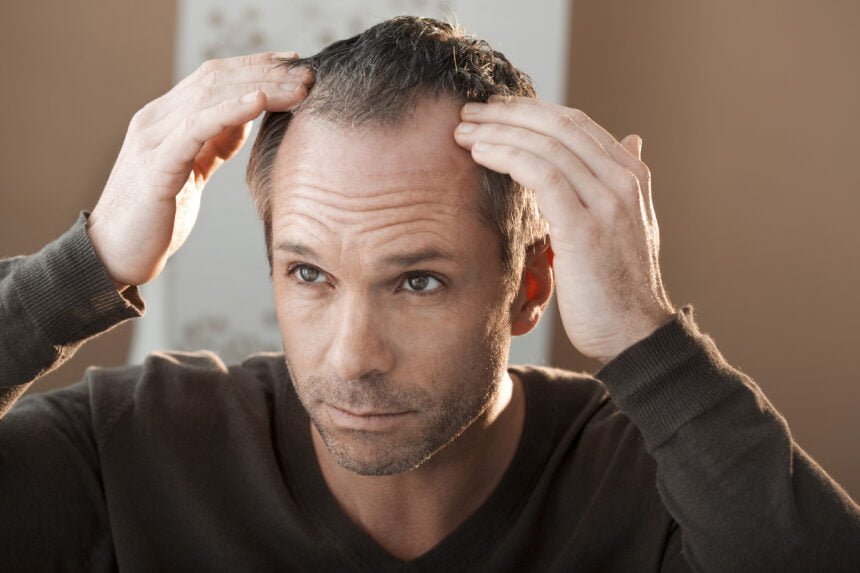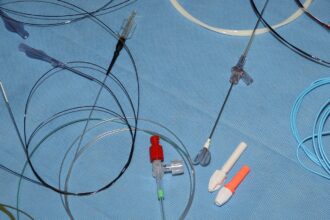Mental health is becoming a greater priority to millions of Americans. As we have pointed out in previous articles, about 19% of American adults suffer from at least one mental illness.
There are a lot of things that can affect our mental health. Our feelings about our physical appearance play a huge role. This is one of the reasons that beauty technology can be great for our mental health.
Hair loss is a common side effect of getting older in men, but with advancements in modern medicine it does not need to be a life sentence. It is important to recognize that hair loss plays a role in our overall health. You can work to recover lost hair in many ways. You can stop its progress with medication, reverse it with hair transplants, and work on thickening your hair with a variety of remedies. You do all this and more, you just need to know where to begin:
First, Rule Out Other Common Causes of Hair Loss
Hair can fall out due to extreme stress, a poor diet, or even other medical conditions. If you suspect there may be more to it than just aging (for example, you feel like you are wrecked, weak, bruise easily, or have other worrying health symptoms), then you first need to rule out those causes.
This can mean investing more time and energy into living well, it could mean going to the doctor or a specialist, and it could even mean ruling out potential allergens from the home. Once you’ve done that, you can then move on to using true hair loss treatments.
Medications
There are several medications available to help slow hair loss:
- Minoxidil: An over-the-counter option that comes in a liquid, foam, or shampoo. It can help slow hair loss in some, and may even reverse it.
- Finasteride: This is a prescription option, and works to slow hair loss by inhibiting the dihydrotestosterone hormone that’s shown to cause hair loss.
- Corticosteroids: Sometimes hair loss is due to inflammation. If you have a condition like alopecia areata, then corticosteroids may be prescribed to help.
Treatments
Of course, most of those treatments work to slow down hair loss, and rarely reverse it unless they helped treat an underlying condition that was inhibiting hair growth. That’s why it’s normal to not see any improvement with the medication. The goal of them is to simply stop more hair loss in the future. Once you have that, you can then look into hair transplant surgery. In general, you have two main options, Direct Hair Implantation (DHI) and Follicular Unit Extraction (FUE):
Direct Hair Implantation (DHI)
This is a specialized method that extracts hair follicles and then direct implants them into the recipient area. It’s far faster than FUE, and offers one other big benefit. By using DHI, you minimize the amount of time the donor follicle spends out in the hair before it’s transplanted. This gives it one of the highest percentages of success.
Follicular Unit Extraction (FUE)
FUE takes longer, but doesn’t usually cost as much as DHI. In this method, individual hair follicles are taken from the donor area. Then, they are transplanted over a course of sessions into the recipient area.
Other Treatments to Consider
In your hair loss research, you may come across alternative treatment options, such as:
- Platelet-Rich Plasma Therapy
- Low-Level Laster Therapy
- Microneedling
These options work to help stimulate hair growth, but can’t work if there is no follicle to begin with. With that in mind, it’s a good idea to see them as options for after-care, since they can help keep your hair stimulated and growing.









